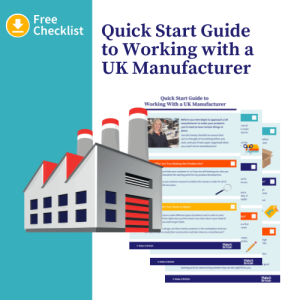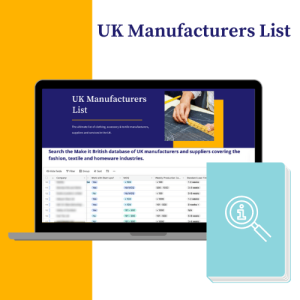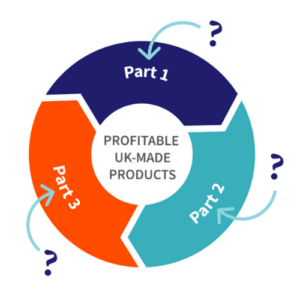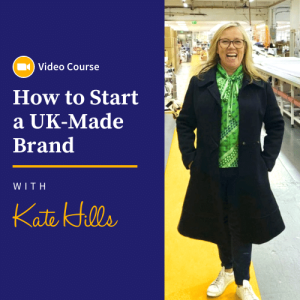CMT manufacturer or Full-Service manufacturer: What’s the difference?
Do you know what materials you need to produce your product? Thought the manufacturer would do this for you? Depending on whether they are a Full-Service or CMT manufacturer, this is not always the case. In this article I explain the difference between these two types of manufacturer and why it’s likely you will need to do your own material sourcing.
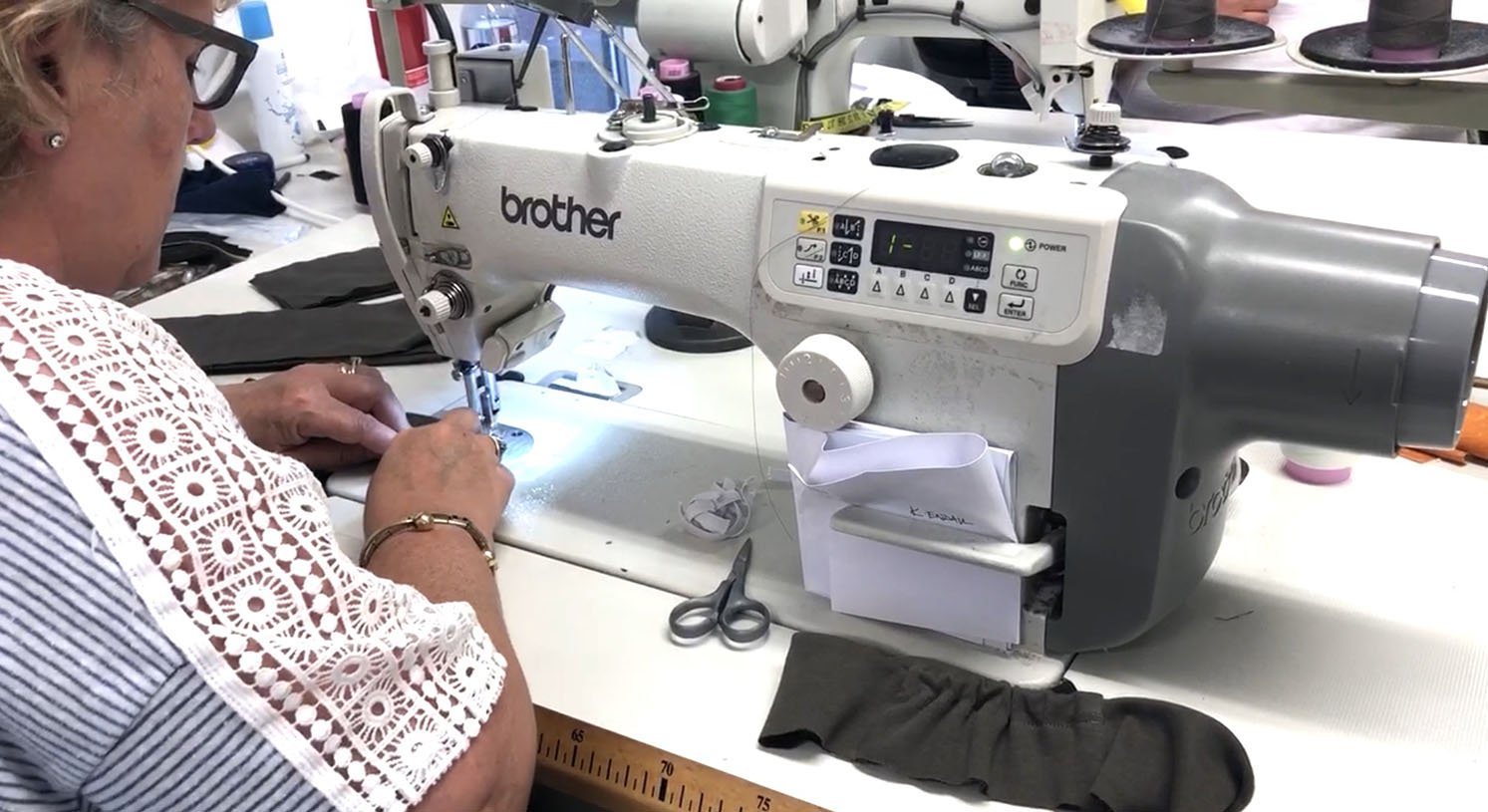
Whilst some manufacturers may be able to offer a full service and source raw materials for you (depending on the product) in reality most UK factories operate as CMT manufacturers and won’t have the time or the resources to research for fabrics, trims, or any other components that make up your product.
So why is this?
Firstly it very much depends on the type of manufacturer and the product that you are looking to make. Take a fashion garment for instance, there are two different types of manufacturer that you can work with.
One is called a full service manufacturer (or occasionally a full service vendor or a full service supplier). The other is known as a Cut, Make & Trim manufacturer, usually shortened to just CMT.
With a full service manufacturer they will do everything for you:
- Source the fabric and trims
- Manufacture the product
- Package the product up ready for distribution
- Some might even do the distribution for you
With a CMT manufacturer they will only do the manufacturing part of the equation, leaving you responsible for ordering the fabric, trims, and all of the other associated components.
Whats more, you need to make sure that all of these materials arrive in time for the allotted production schedule, otherwise you’ll miss your production slot.
So you’re probably thinking, option two sounds like quite hard work, I’d like to just find a full service manufacturer that can do the lot.
The problem is full service manufacturers are quite few and far between in the UK. A full service manufacturer is usually set up to produce much larger quantities and work with established businesses with good standing. They’re able to work with credit when purchasing materials for you because they’re pretty sure that they’re going to get paid at the end.
Whereas most of the manufacturers in the UK, particularly those working with start-ups and small orders, are small businesses themselves, and are lucky if they can just pay their staff at the end of the month, let alone pay for your materials up front.
One of the other reasons that they won’t be able to source your materials for you is that they don’t have the manpower to spend time sourcing materials, which can be a laborious process.
That being said, manufacturers can sometimes advise on where you can get your materials from because they will have experience with other clients who have used something similar.
For instance, a T-Shirt manufacturer is more than likely going to know some cotton jersey suppliers who have shipped fabric to them in the past. Or a leather bag maker will know of some leather wholesalers.
But much like why it is important to know the correct terminology for a product when you approach a manufacturer, it is just as important to have done your research on materials and know the correct names for the ones that you’re thinking of using.
This may change after you have taken the advice of the manufacturer, but it at least gives you a good place to start.
One more point to note is what is known as a ‘vertical manufacturer’. This is a manufacturer that has several parts of the value chain under its roof, rather than just one process. So for instance, a garment manufacturer that also makes the fabric.
Again, this type of manufacturer is currently a lot less common in the UK that they are overseas, so for now, it’s prudent to assume that you will be responsible for sourcing your raw materials.
So that’s the reason why it’s important to have a good idea about the materials that you want to use before you approach any manufacturer, but particularly a UK manufacturer.

